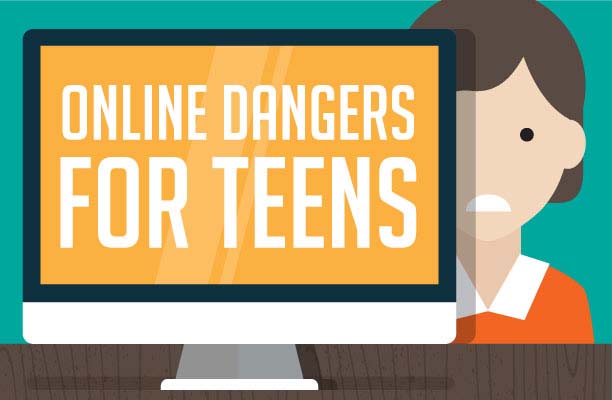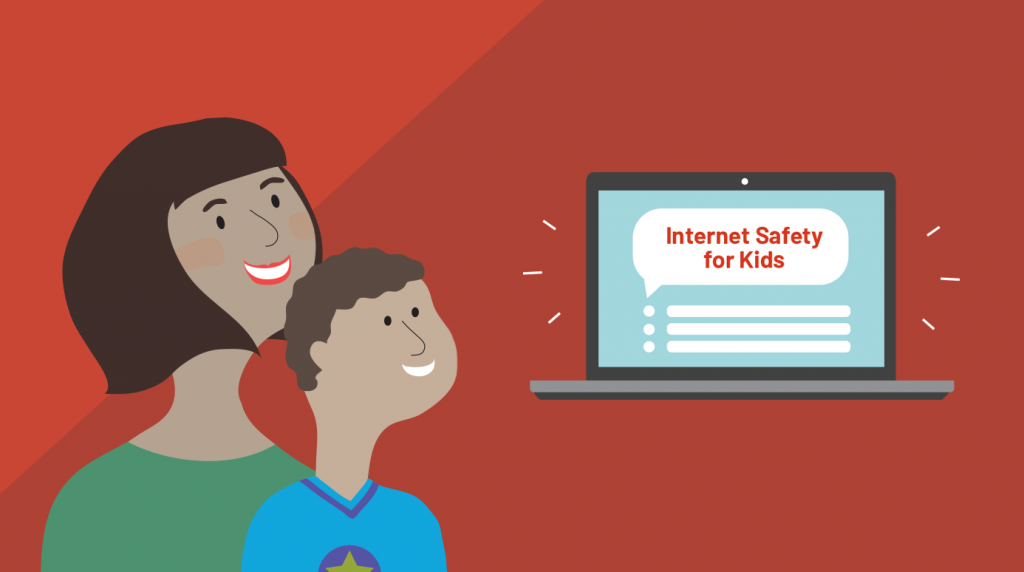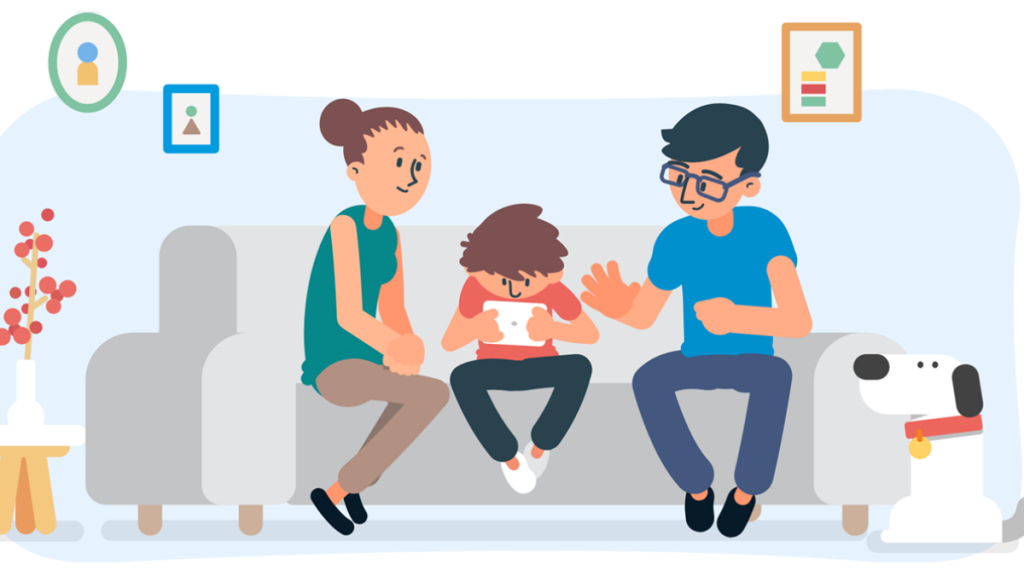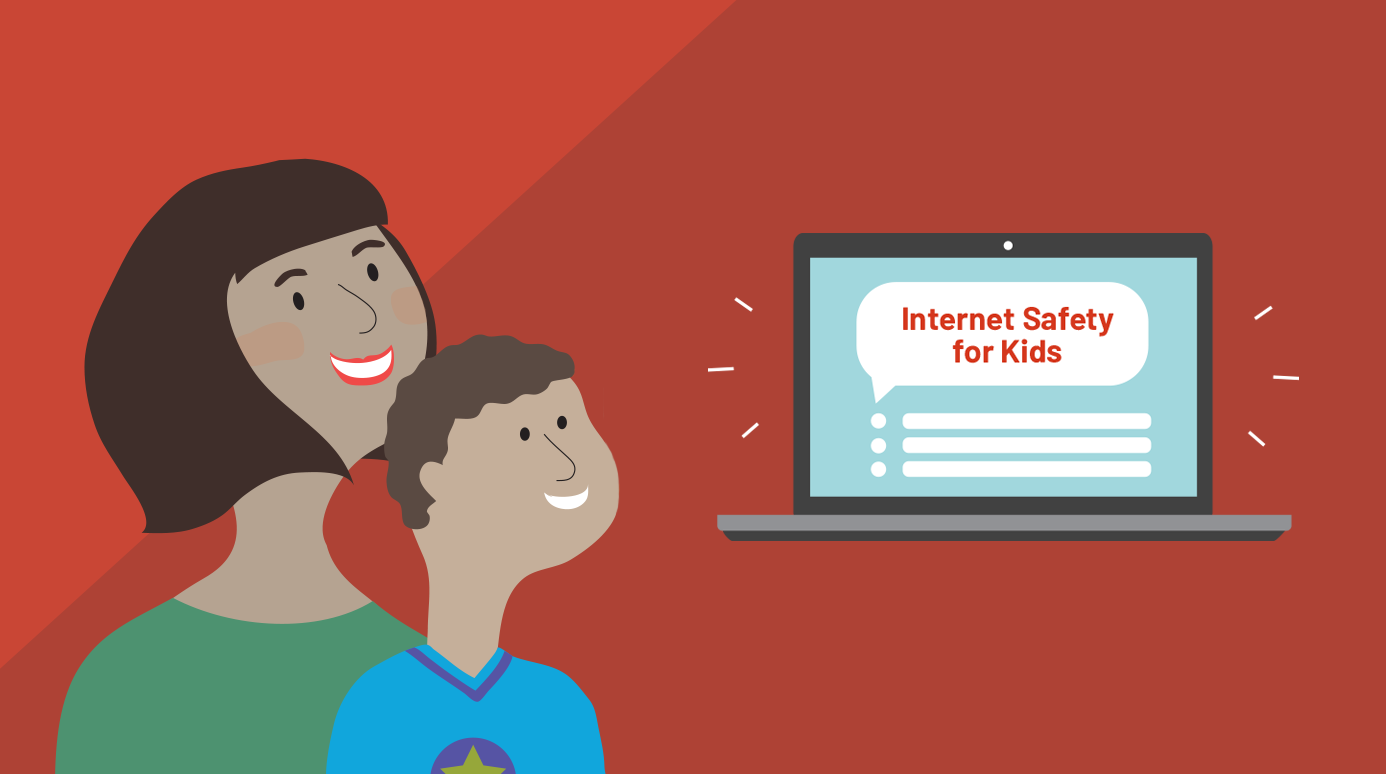
The Internet is an amazing place to learn, shop, play games, and connect with your friends. Unfortunately, there are also predators, thieves, and others online who may try to harm you. In order to be safe online, it’s important for you and your kids to be aware of the dangers that lurk on the internet.
Many kids are not aware of the evil that lurks on the internet. To them, it is just a place to have fun and ‘catch cruise.’ They are not always aware of the consequences of sharing too much information about themselves on the internet. Kids also are sometimes specifically targeted by cyberbullies or predators.
If you’re a parent or guardian, you can help to keep your kids safe by talking to them about their Internet use, teaching them about online dangers, and learning everything you can about the Internet so you can make informed decisions.
READ MORE: Screen Addiction: The New Addiction
Understanding Online Dangers
In order to keep your kids safe, you’ll need to know about the different types of online dangers that exist online. For example, kids and teens may find inappropriate content on the Internet, such as pornography or obscene language. There is also a possibility of cyberbullying or cyber-harassment from other users online. This does not mean your child will encounter all of these threats. However, knowing about the dangers can help you and your kids make smart decisions online.

Other Types of Dangers
Apart from virtual dangers that kids come across on the internet, there are also other physical dangers that occur when they use the computer. Dangers like eye strain, wrist strain, backaches, and other injuries. You can help prevent this by limiting the amount of time your kids spend on computers and mobile devices.
One other danger that emanates from the constant use of the internet is internet addiction. This is becoming a real problem among young boys and girls in society today. Internet use can be a good thing, but if it becomes an addiction it can affect a person’s offline life.
Common Places where dangers can Occur
It’s important for kids to be careful whenever they’re connected to the Internet because online dangers are not just limited to bad websites. Chat rooms, computer games, and even social media sites can be risky. If your kids have mobile phones, they’ll also need to be careful when texting or when accessing the Internet on their phones.
Guidelines for Keeping Your Kids Safe

It can be difficult to keep your kids completely safe online. Even if you set up parental controls on your home computer, your kids will use many other computers that don’t have parental controls. To keep your kids safe, you’ll need to teach them to make good decisions online—even when you’re not around.
Below are some general tips you can use when teaching your kids about online safety:
- Learn everything you can about the Internet. Being familiar with the Internet will not only help you understand the risks, but it will also help you talk to your kids.
- Set standards for what your kids can and cannot do online. It’s important to make rules for your kids so they know what’s expected of them. Don’t wait until something bad happens to start creating guidelines.
- Teach your kids to keep personal information private. It’s usually a bad idea to post personal information online such as phone numbers, addresses, and credit cards. If criminals gain access to this information, they can use it to harm you or your family.
- Teach your kids to use social networking sites safely. Sites like Facebook, Twitter, Instagram, and Snapchat allow kids—and adults—to share photos and videos of themselves, as well as have conversations with friends and strangers. If your kids share something with friends, it’s still possible for it to get into the wrong hands. Generally, they should only post something online if they’re comfortable with everyone in the world seeing it.

- Encourage your kids to come to you if they encounter a problem. If your child gets into trouble online, you’ll want him or her to come to you instead of hiding it. Keep in mind that your kids could accidentally encounter a bad site, even if they’re doing everything right.
- Talk to your kids about Internet use. Talk to your kids regularly about how they use the Internet. If they’re in the habit of talking to you about the Internet, they’ll be more willing to come to you if there’s a problem.
